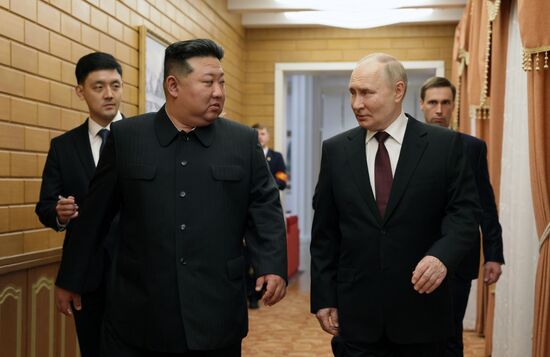Germany has announced plans to invest Ksh.5.3 trillion ($41 billion) in outer space defence by 2030, citing the growing threat posed by Russia and China. Defence Minister Boris Pistorius revealed the strategy on Thursday during the Space Congress of the Federation of German Industries, outlining a new era of military preparedness in orbit.
Pistorius noted that Moscow and Beijing have rapidly expanded their space warfare capabilities, including technologies that can jam, disrupt, manipulate, or even destroy satellites. “In space, there are no borders or continents. Russia and China are our immediate neighbours there,” he said.
The investment is part of Chancellor Friedrich Merz’s pledge to strengthen Germany’s role in NATO by boosting military spending. According to Pistorius, Berlin’s space security architecture will focus on a resilient satellite constellation, secure launch facilities, ground stations, and cybersecurity protections for all systems.
Germany will also enhance its orbital situational awareness by deploying telescopes, radar systems, and new space surveillance satellites. Pistorius emphasized that by 2030, at least 35 billion euros from the national budget would be directed toward these projects.
While acknowledging the benefits of space technology—such as global communications, navigation, and weather monitoring—the minister warned of escalating militarisation. He said China is already conducting “highly agile and dynamic manoeuvres,” while Russia positions its satellites dangerously close to those of Germany and its allies.
Pistorius also highlighted the vulnerability of modern societies, noting that a strike on satellites could cripple entire nations, disrupting communication, navigation, and even weather forecasting.
The announcement comes amid wider tensions, with the United States also pursuing advanced defence systems like the proposed “Golden Dome” anti-missile shield, which Russia has compared to the Cold War-era “Star Wars” program.
Germany’s bold investment signals a shift in European defence strategy, making outer space a new frontier in geopolitical rivalry.

